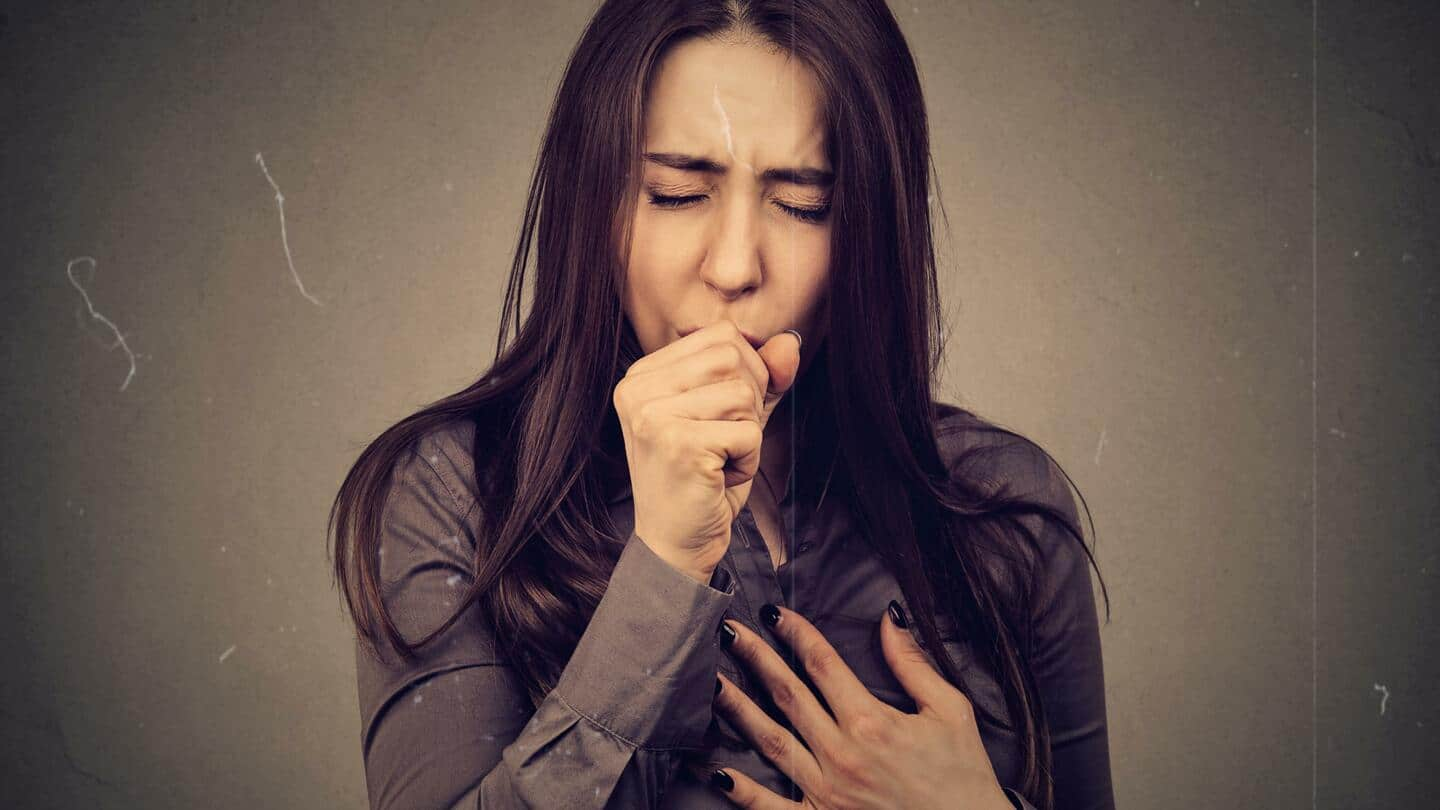
Pneumonia: Causes, symptoms, treatment, and prevention
What's the story
Pneumonia is a serious health condition that can even lead to fatality. An infection that inflames the air sacks of the lungs, pneumonia causes intense coughing with pus or phlegm. It can happen to anyone from infants and young children to adults and senior citizens. From its causes and symptoms to treatment and prevention, here is everything you should know about this disease.
Overview
Pneumonia is an infection caused by bacteria, viruses, or fungi
Pneumonia affects the lungs and can be caused by infections owing to viruses, bacteria, or fungi. However, if compared, bacterial pneumonia is more serious than a virus-induced one. It causes the tissues present in your lungs to swell, filling them with pus or fluid. It can happen in one or both lungs and demands urgent treatment to eliminate complications if any.
Causes
Common causes of pneumonia and how transferrable it is
As aforementioned, pneumonia can be caused by bacterial, viral, or fungi infections. However, there are some other diseases that can also lead to it. These include the common cold, COVID-19, influenza, Legionnaires disease, and pneumococcal disease. Pneumonia itself isn't contagious but the bacteria and viruses causing it are. It can spread through cough, sneeze, or an infected surface.
Symptoms
High fever, coughing, confusion, and rapid breathing are some symptoms
People down with pneumonia can experience a high fever of up to 105 degrees Fahrenheit. They cough with yellow, green, or bloody phlegm, experience chest or abdominal pain while doing so, and feel fatigued. They may also experience confusion, mental blockage, rapid heartbeat, breathlessness, sweating or chills, bluish skin or nails, a loss of appetite, and body aches.
Treatment
Medication, fluids, and oxygen therapy can treat this health condition
A healthcare professional may prescribe a multitude of medicines - antibiotics in case of bacterial-induced pneumonia, anti-fungal medicines in case it is caused by fungi, and antiviral medicines when caused by viruses. If you are not getting proper oxygen, they may put you on oxygen therapy through a tube in your nose or mouth. Intravenous fluids will help you prevent dehydration.
Prevention
Vaccination and washing hands frequently are the best preventive methods
You can steer clear of pneumonia by getting vaccinated against this life-threatening disease. The vaccine makes complications milder. Additionally, you should also refrain from smoking as it heavily impacts the lungs. Wash your hands often and keep your immunity strong by eating healthy and indulging in daily exercises. Avoid close contact and sharing items when near a pneumonia patient.